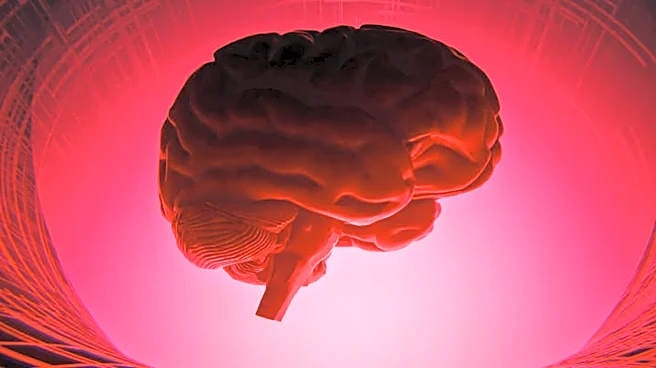What's Happening?
Dr. Ingrid Clayton, a clinical psychologist, has provided guidelines for safely using AI tools like ChatGPT in therapy. While AI can offer accessible advice and support, it is not a replacement for traditional therapy. Clayton emphasizes using AI as a supplement between therapy sessions, helping clients gain neutral feedback and recognize emotional patterns. She warns against over-reliance on AI for emotional support, as it lacks personalization and can lead to emotional dependence. Clayton advises users to be specific in their queries and to consult professionals for critical issues.
Why It's Important?
The integration of AI in therapy represents a significant shift in mental health care, offering potential benefits such as increased accessibility and support. However, it also poses risks, including the potential for emotional dependence and the lack of personalized care. By providing guidelines, Clayton aims to ensure that AI is used responsibly, enhancing rather than replacing human interaction in therapy. This approach can help users navigate the complexities of mental health care, ensuring they receive appropriate support while leveraging the benefits of technology.








